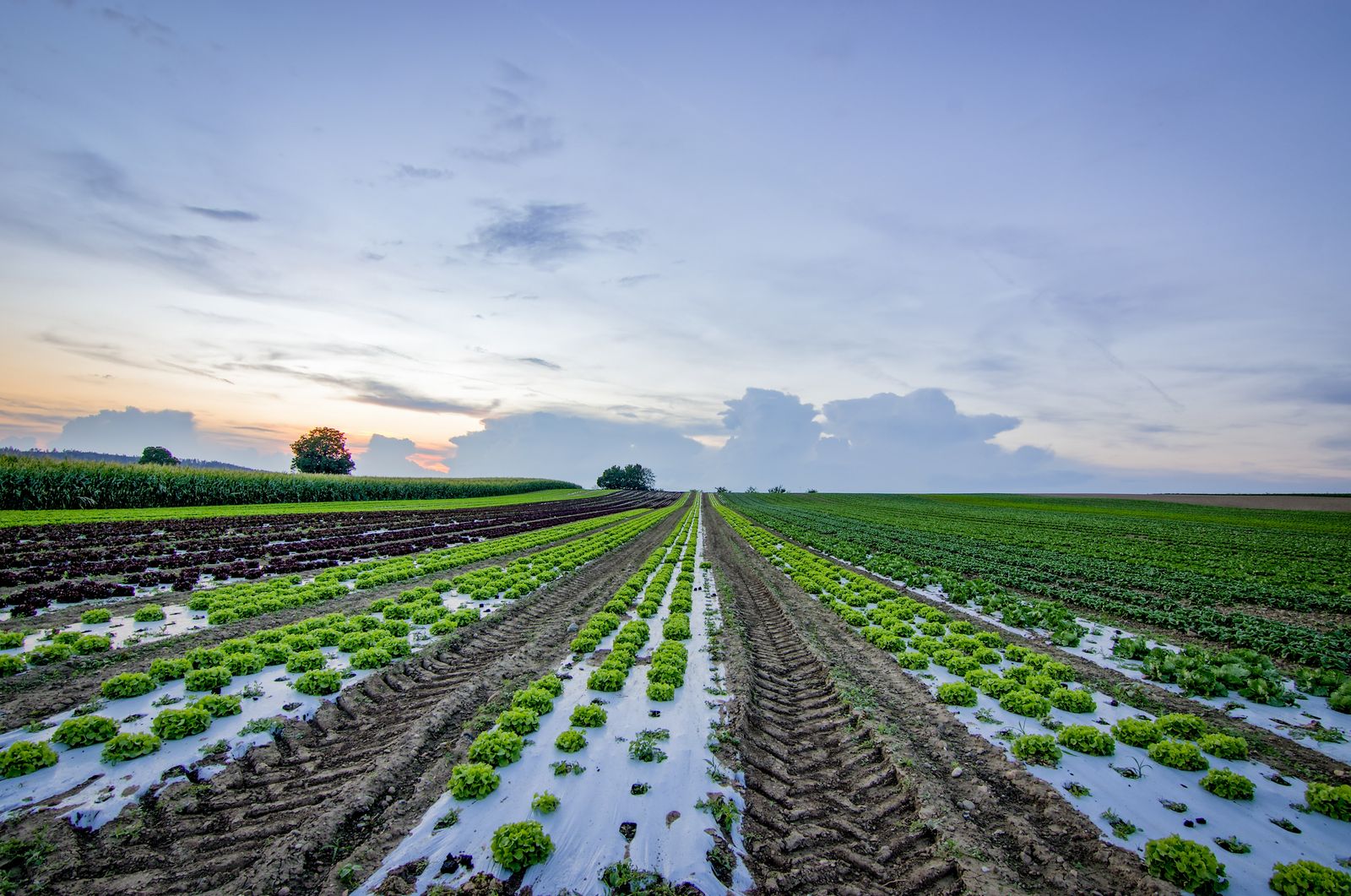All the initiatives to reach a CO2-neutral production of plastics make us happy. Indeed it is time to make a radical switch and produce circular plastics to reduce plastic waste, reduce CO2-emissions and reduce the use oil and gas for the production of plastics. This transition is complex and challenging and as there is no silver bullet we should embrace all initiatives. Most initiatives are not ready yet for large scale commercial implementation and a need for new feedstock will remain. Therefore, we promote the use of bio-ethylene as the technology to do so is commercially proven and it is the fastest solution to lower the CO2-emissions substantially within this decade for virgin polymers production.
03-07-2023 - Syclus choses Axens to provide Atol® technology for Europe’s first
ethanol-based renewable ethylene production plant
Geleen and Rueil-Malmaison, 3 July 2023
Syclus intends to build and operate a plant for the production of renewable ethylene from sustainable ethanol in Chemelot Industrial Park, Geleen, The Netherlands. With an annual production capacity in the range of 100,000 tonnes, this renewable ethanol-to-ethylene production plant would be a first in Europe, paving the way for a more sustainable way of producing plastics.
The facility will rely on Atol® technology from French company Axens. Among many other benefits, Atol® features very high, cost-effective, ethylene yields thanks to a best-in-class catalyst, and allows for an optimized use of process energy, which minimizes emissions. The technology can produce ethylene widely regarded as having the highest quality on the market, fulfilling the specifications required by Chemelot and also by the ARG, the extensive ethylene pipeline network in Northwest Europe.
Basic engineering is scheduled to start in late 2023, and production in 2026. Ethanol will be regionally produced by CropEnergies, who operates a plant for the production of renewable ethanol nearby and who have acquired a major share in Syclus in 2022. The investment required is estimated to be more than EUR 130 million.
Download the press release
07-09-2022 - CropEnergies acquires stake in Dutch biobased chemicals start-up Syclus
Mannheim, 7 September 2022 – CropEnergies AG, Mannheim, Germany, has acquired a stake in the Dutch start-up for biobased
chemicals Syclus BV, Maastricht. CropEnergies purchases 50 percent of the company's share capital. The investment volume amounts to EUR 1.8 million. The goal is to build an industrial scale plant for the production of renewable ethylene from renewable ethanol. Ethylene is a basic chemical usually made from fossil oil and gas and is widely used in the chemical industry in particular for plastics and polymers used in everyday products. Historically, European demand for ethylene was approximately 20 million tonnes per year.

The conservatively projected improvement of applying our product is estimated to result in a saving of 2,7 tCO2/t ethylene. This is a reduction in CO2-footprint of 135% compared to average European (fossil-based) ethylene. This means our product has a negative CO2-footprint at the factory gate: the sum of supply of raw materials to our projected plant, production, purchase and application of our product results in less CO2 in the atmosphere.
Is bio-ethylene affordable?
On average the production costs for producing ethylene from bio-ethanol are the same as from naphtha (naphtha is a crude oil-fraction that is now the predominant source of ethylene in Europe). However: producing it on a smaller scale and keeping bio-ethylene separate from fossil ethylene add costs and practically all new ethylene production plants use raw materials from shale gas from fracking in the USA as this comes at a lower cost than crude oil.
Is there enough bio-ethanol available for ethylene production?
The bio-ethanol production in the world is about 100 megatonne per annum (Mt/a), this is sufficient for 60 Mta/a of ethylene production. The main use of this ethanol is blending in the motor gasoline, which use in Europe will rapidly decrease by electric cars, stricter fuel efficiency standards and eventually the phase out of the combustion enige in cars.
Are there negative effects on deforestation?
The crops from which ethanol is produced (sugar cane, corn, sugar beat, wheat) grow in milder climates where there are no tropical rain forests.
Will there be food shortages because of ethanol production on agricultural lands?
The world-wide bio-ethanol production is about 100 megatonne per annum (Mt/a), this does not cause food shortages. With EU legislation in place to increase the fuel efficiency of motor vehicles and the increased share of electric vehicles, this ethanol becomes available for use in the chemical industry without the requirement for more land.
c
At this moment there are no vacancies
You can contact Syclus by e-mail: contact@syclus.nl